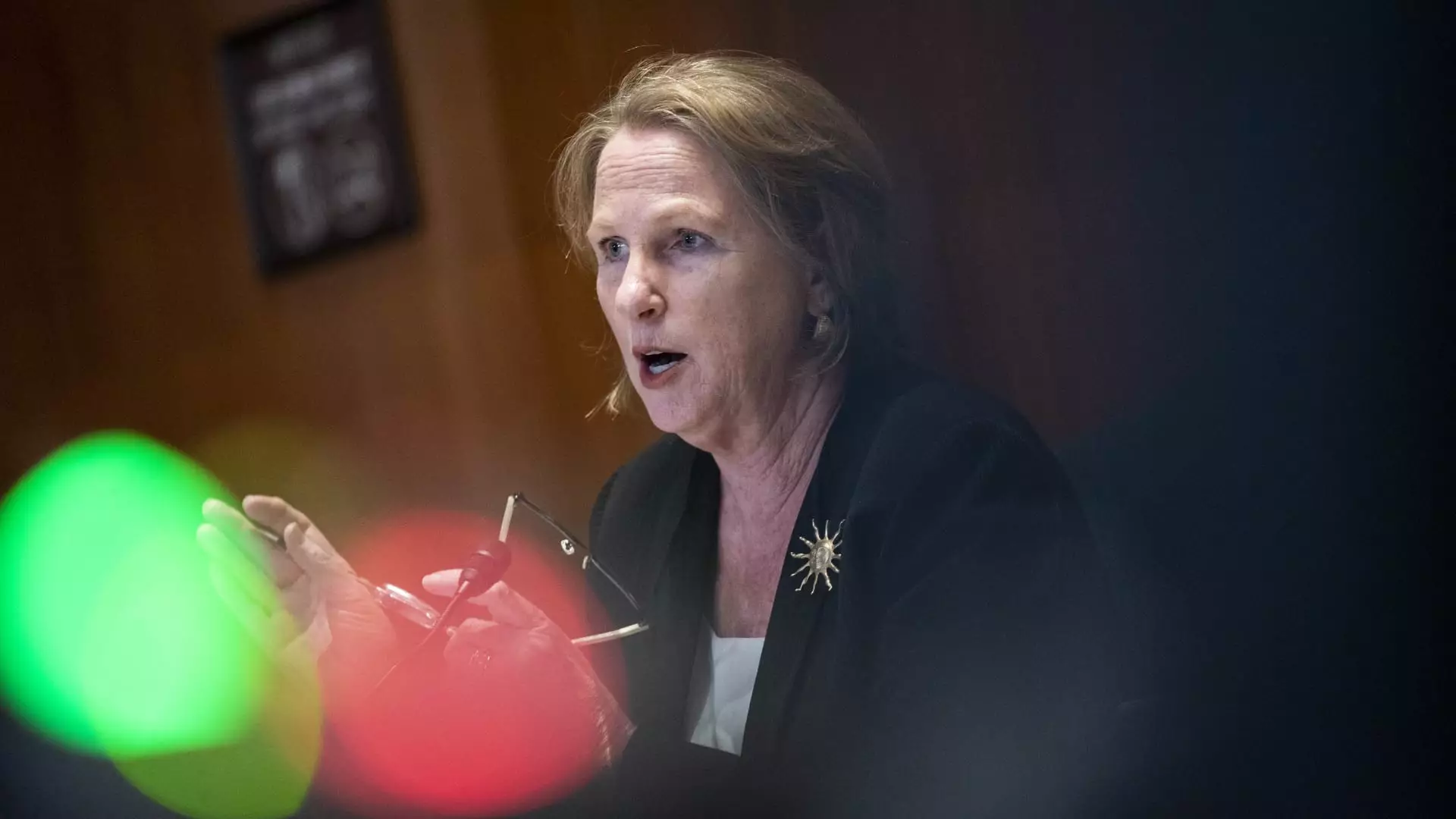The Internal Revenue Service (IRS) finds itself amidst an intricate political landscape as a Republican-dominated Congress deliberates future funding allocations. The National Taxpayer Advocate, Erin Collins, has recently highlighted concerning trends in her annual report, emphasizing a stark misalignment in budget priorities that may impact the services provided to taxpayers. A disproportionate share of resources has been allocated toward enforcement measures resulting from the Inflation Reduction Act, raising alarms among advocates for taxpayer rights and service enhancements.
In her report, Collins pointed out the glaring statistics derived from the Inflation Reduction Act, which designates 58% of its $78.9 billion budget for enforcement purposes and a mere 4% for taxpayer services. This allocation underscores a worrying trend that prioritizes stringent compliance over taxpayer accessibility and assistance. Furthermore, the report allotted only 6% for technology modernization, suggesting that while enforcement is seen as a priority, the infrastructure necessary to support taxpayers is being neglected. Such a framework raises questions about the overall efficiency and effectiveness of the IRS going forward.
The ramifications of this skewed funding could be significant. Collins argues that enhanced funding for taxpayer services and modernization efforts could lead to improved experiences for taxpayers, reducing the administrative burdens that often accompany compliance. Current statistics indicate that the IRS collected $98.7 billion through enforcement in fiscal year 2024, an amount that constituted under 2% of total federal revenue. The reality is that the vast majority of tax revenue arises from self-assessment—a process that could be streamlined with better resources, ultimately facilitating compliance without heavy-handed enforcement.
The political environment adds another layer of complexity to the IRS’s funding situation. With recent cuts amounting to $20 billion as part of a budget deal, alongside threats of future reductions, it is clear that the agency’s operational stability hangs precariously in the balance. The bipartisan support for taxpayer services reflects a shared understanding of the necessity for equitable treatment in tax administration, but the looming cuts proposed by the current congressional majority threaten to undermine these efforts. Collins went so far as to caution that reducing enforcement funding without correspondingly addressing taxpayer services could inadvertently hamper the agency’s ability to ensure compliance.
As the IRS grapples with ongoing challenges stemming from the pandemic and stagnant appropriations coupled with rising operational costs, a concerted effort is warranted to push for sustained funding in both taxpayer services and technological advancements. The national taxpayer advocate’s report serves as a crucial reminder that while enforcement remains significant, bolstering taxpayer assistance is equally integral to cultivating a compliant tax environment. The call is clear: Congress must recognize the imperative of striking a balance between enforcement and service to foster a more equitable taxation system that adequately serves the American populace.

